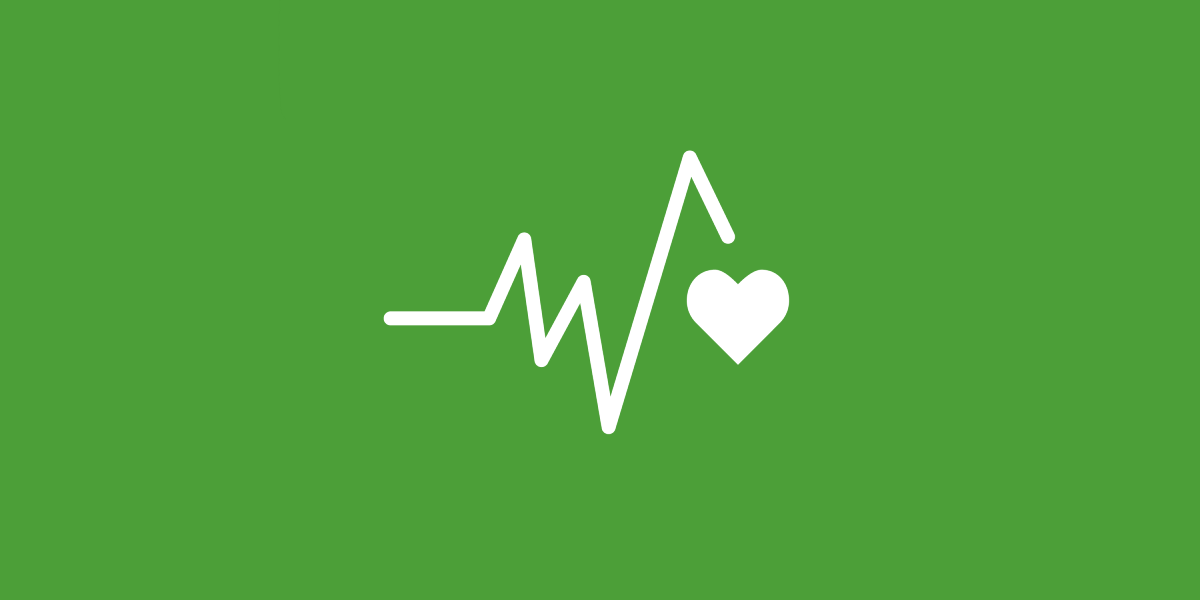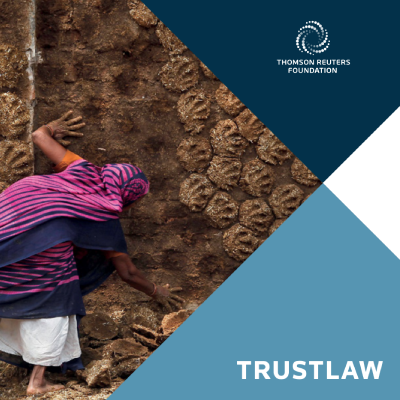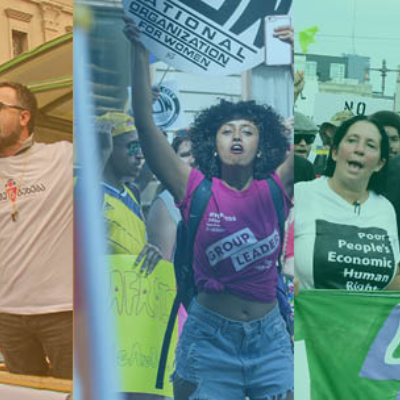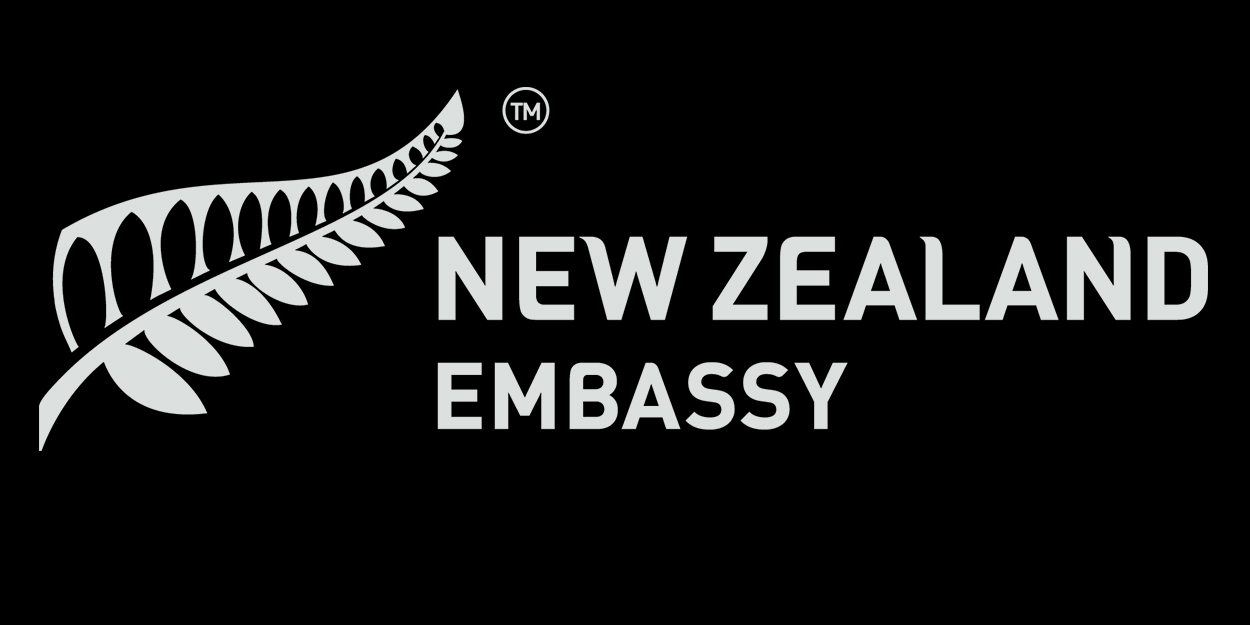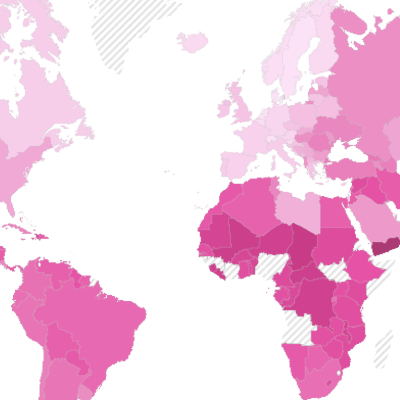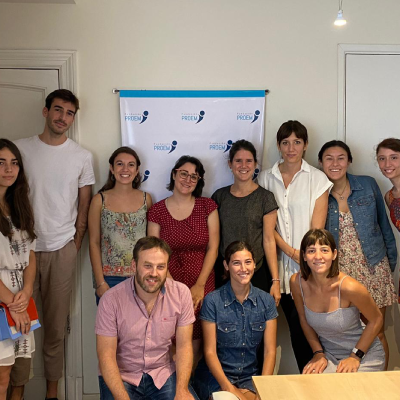CIVICUS Monitor: Los derechos fundamentales en los Estados del mundo
CIVICUS, con la cola
Ganadores del Fondo de la Embajada de Nueva Zelanda en México 2019-2020
En 2019, RACI colabo
Nuestros miembros – ¿Conocés los programas en los que trabaja PROEM?
La Fundación Proyec


